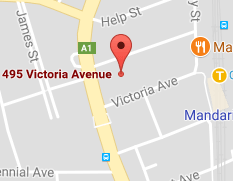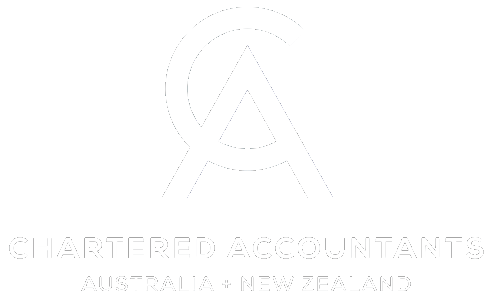Welcome to our March 2020 edition of the StewartBrown newsletter. We hope to keep you informed of the important tax developments and issues affecting taxpayers and businesses in Australia today.
2020 02 myGovID, Non Residents & Main Residence Exemption - Feb-20
Welcome to our February 2020 edition of the StewartBrown newsletter. We hope to keep you informed of the important tax developments and issues affecting taxpayers and businesses in Australia today.
2020 01 StewartBrown 2020 Land Tax Newsletter
WELCOME
Welcome to the special Land Tax edition of our client newsletter for 2020 where we hope to keep you informed of the important
land tax compliance issues affecting owners of land in Australia. Remember that Land Tax is a State tax and different rules apply in each State.
In this newsletter we have summarised the position in NSW. If in any doubt about your particular land tax circumstances,
please contact your StewartBrown Partner or Manager.
2019 12 Xmas parties/Gifts, Renting your home? Super Amnesty & Cyber Security
Welcome to our December 2019 edition of the StewartBrown newsletter. We hope to keep you informed of the important tax developments and issues affecting businesses in Australia today.
2019 11 Newsletter
Welcome to our November 2019 edition of the StewartBrown newsletter. We hope to keep you informed of the important tax developments and issues affecting businesses in Australia today.



